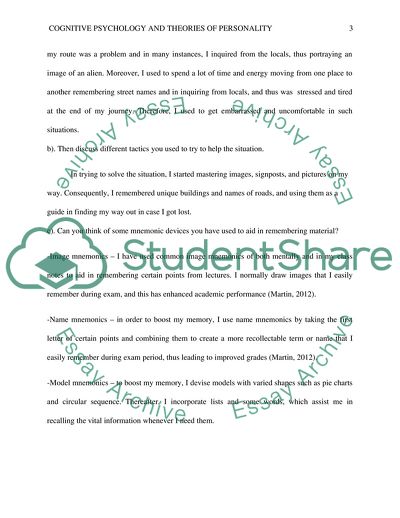Cite this document
(Cognitive Psychology and Theories of Personality Assignment Example | Topics and Well Written Essays - 2250 words - 1, n.d.)
Cognitive Psychology and Theories of Personality Assignment Example | Topics and Well Written Essays - 2250 words - 1. https://studentshare.org/psychology/1792768-cognitive-psychology-and-theories-of-personality
Cognitive Psychology and Theories of Personality Assignment Example | Topics and Well Written Essays - 2250 words - 1. https://studentshare.org/psychology/1792768-cognitive-psychology-and-theories-of-personality
(Cognitive Psychology and Theories of Personality Assignment Example | Topics and Well Written Essays - 2250 Words - 1)
Cognitive Psychology and Theories of Personality Assignment Example | Topics and Well Written Essays - 2250 Words - 1. https://studentshare.org/psychology/1792768-cognitive-psychology-and-theories-of-personality.
Cognitive Psychology and Theories of Personality Assignment Example | Topics and Well Written Essays - 2250 Words - 1. https://studentshare.org/psychology/1792768-cognitive-psychology-and-theories-of-personality.
“Cognitive Psychology and Theories of Personality Assignment Example | Topics and Well Written Essays - 2250 Words - 1”. https://studentshare.org/psychology/1792768-cognitive-psychology-and-theories-of-personality.


